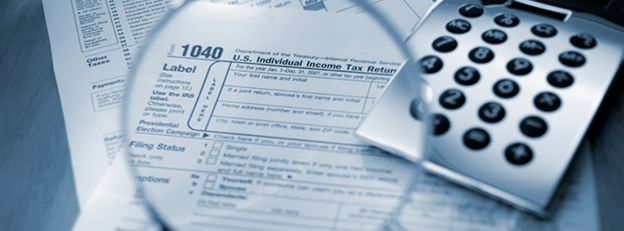- Keep records for at least 3 years in case of an IRS tax audit. For your own peace of mind, you might want to keep them longer. Start a file folder at the beginning of each year, and put all of your receipts into it.
- Check your pay stubs against your W-2(s) to make sure they add up. Even employers can make mistakes!
- Study last year’s tax return. Are there any credits and deductions which you are you still qualified to take? Are there any you did not take, but for which you now qualify?
- Deduct the cost of last year’s tax preparation. Next year, you will deduct any fees paid for the preparation of this year’s tax return. Also deduct the cost of any tax-related consultations, seminars, books, or newsletters, etc.
- Donate to charity! The IRS only requires receipts for charitable contributions of $250 or more, but it’s a good idea to keep receipts for any donation.
- Make long-term investments. Short-term investments are taxed normally, but those held for over a year are taxed at only 15%.
- If you have planned your taxes successfully enough to receive a tax rebate, you should invest it in an Educational Savings Account, an IRA, or a savings account at your bank. Use the money to start preparing for next year’s taxes.
- You don’t have to take the standard tax deduction. You can use the itemized deduction instead and use the larger of the two deductions.

